White people really deal more with God and black people with Jesus
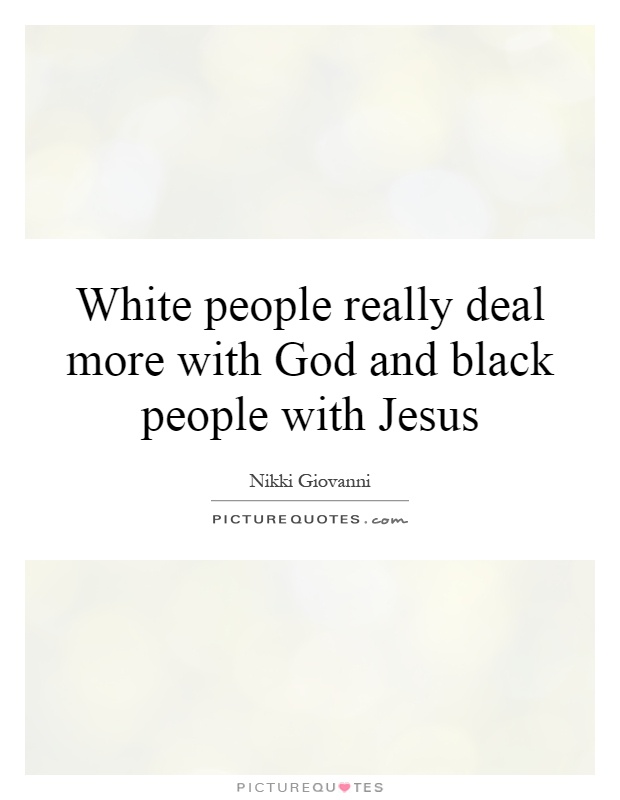
White people really deal more with God and black people with Jesus
Nikki Giovanni, a prominent African American poet, writer, and activist, has often explored themes of race, identity, and spirituality in her work. In the statement "White people really deal more with God and black people with Jesus," Giovanni touches on the complex relationship between race, religion, and culture in America.Historically, Christianity has played a significant role in the lives of African Americans, dating back to the days of slavery when many enslaved Africans were introduced to Christianity by their white slave owners. Despite the oppressive conditions they faced, African Americans found solace and strength in their faith, particularly in the figure of Jesus Christ, who represented hope, liberation, and justice.
For many black Americans, Jesus is not just a religious figure, but a symbol of resistance and resilience in the face of adversity. The image of a suffering Jesus on the cross resonates deeply with the experiences of black people who have endured centuries of oppression, discrimination, and violence. In the words of Giovanni, Jesus is a "brother" who understands their pain and struggles, offering comfort and solidarity in times of need.
On the other hand, white Americans, who have historically held positions of power and privilege, may have a different relationship with God. For some white people, God may be seen as a distant, abstract figure who represents authority, order, and moral judgment. This perception of God as a distant, impersonal deity may reflect the social and cultural context in which white Americans have historically operated, where religion has been used to justify and maintain systems of power and control.
Giovanni's observation highlights the ways in which race, culture, and history shape our understanding of spirituality and religion. While both white and black Americans may worship the same God, their experiences and interpretations of that faith can be vastly different. By acknowledging these differences, we can begin to have more honest and meaningful conversations about the role of religion in shaping our identities and communities.
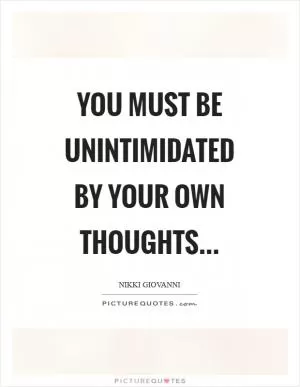

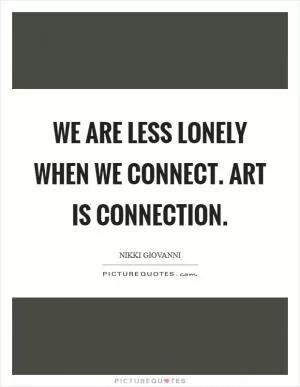

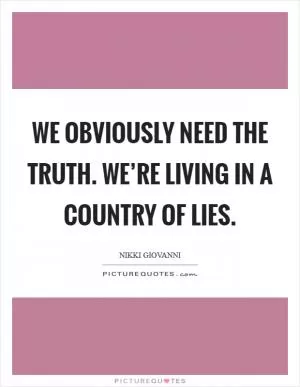
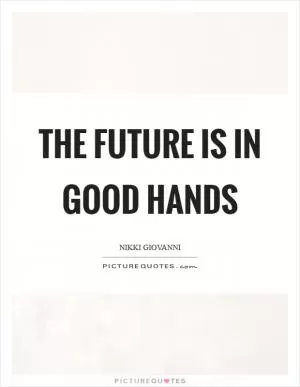

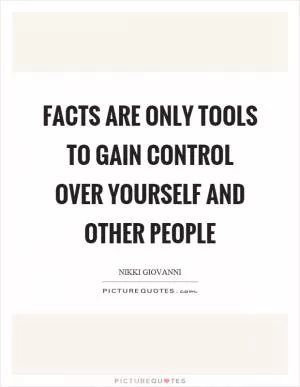
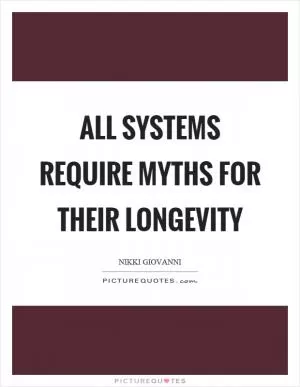
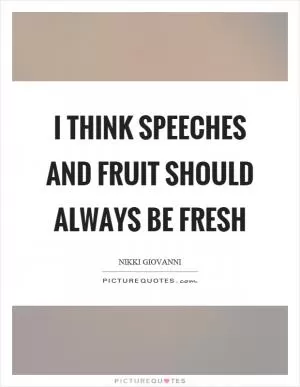

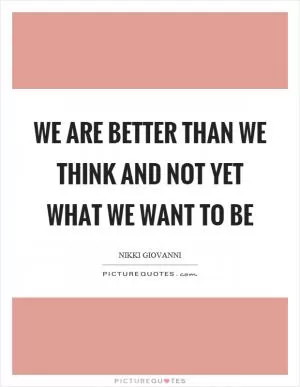
 Friendship Quotes
Friendship Quotes Love Quotes
Love Quotes Life Quotes
Life Quotes Funny Quotes
Funny Quotes Motivational Quotes
Motivational Quotes Inspirational Quotes
Inspirational Quotes